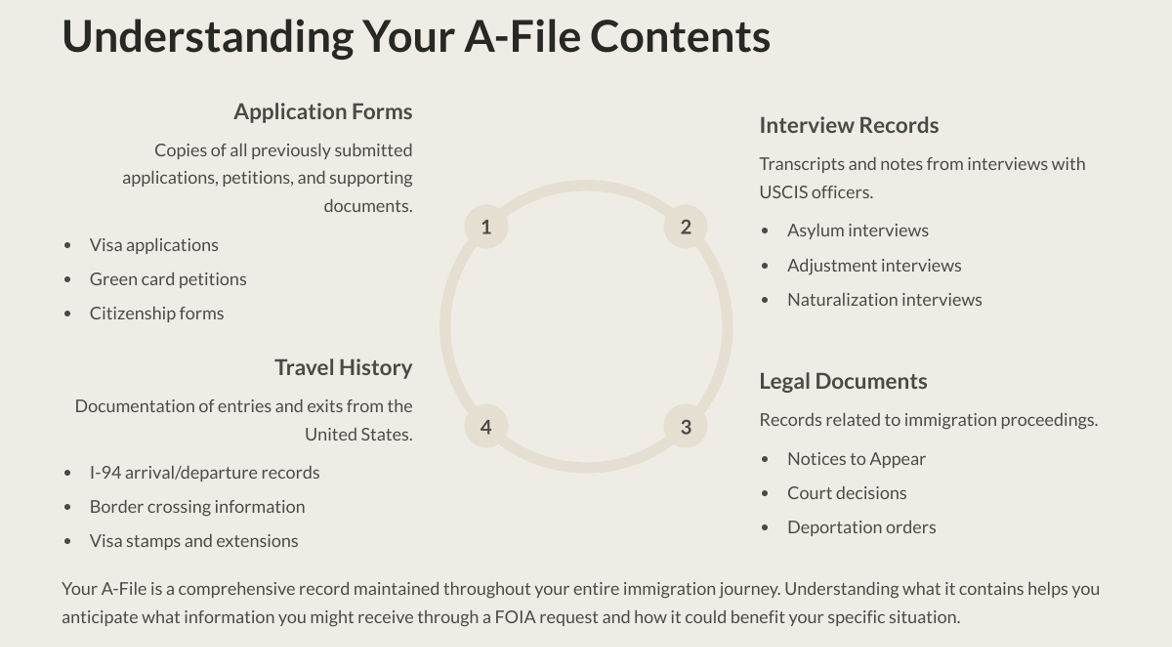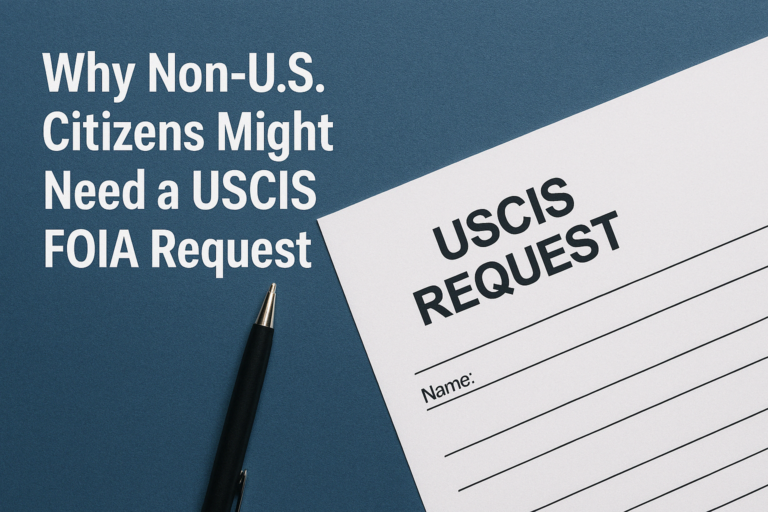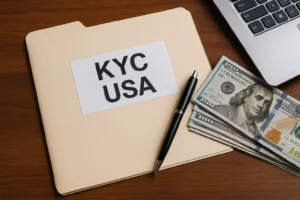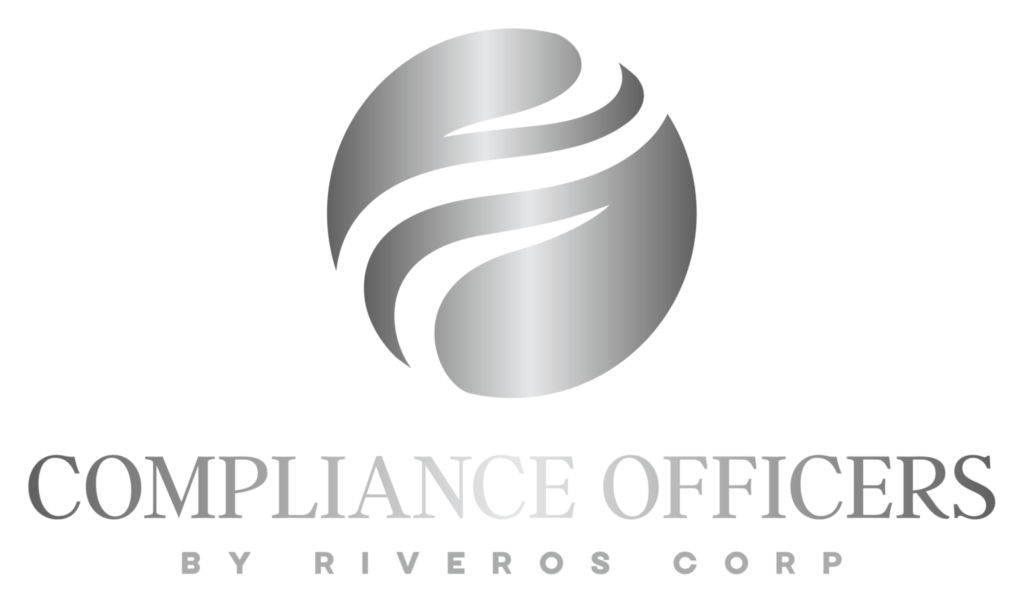Ever Wondered What’s in Your USCIS File?
Lost your immigration records? Need documents for a legal or visa case? A USCIS FOIA request (Freedom of Information Act) gives you access to your full immigration history—even if you’re not a U.S. citizen.
This process allows anyone, regardless of nationality or immigration status, to request records from U.S. federal agencies. For non-citizens, it’s often the only way to recover critical documents from the A-File, the complete record held by U.S. Citizenship and Immigration Services (USCIS).
Top Reasons Non-U.S. Citizens File a USCIS FOIA Request
1. Recover Lost or Missing Immigration Records
Have you ever entered the U.S., applied for a visa, or submitted a petition? You may need those records now—especially if:
- Your documents were lost or destroyed.
- You’re filing a new visa, green card, or waiver application.
- Your attorney or sponsor no longer has your file.
Accessing these records helps ensure accuracy and prevent delays in future applications.
2. Prepare Stronger Immigration Applications
Before submitting petitions like the I-130, I-601, or an asylum request, reviewing your USCIS file allows you to:
- Avoid inconsistencies that could trigger delays or denials.
- Understand previous decisions or application outcomes.
- Submit complete and well-documented forms.
Example: A FOIA request can reveal a prior visa denial or misstatement, allowing you to correct it proactively.
3. Build Legal or Asylum Defense
In immigration court, your A-File often contains key evidence. A FOIA request may help if you’re:
- Facing removal proceedings.
- Appealing a decision.
- Seeking asylum or special protection.
You might uncover:
- Interview transcripts.
- Notices to Appear (NTAs).
- Prior deportation or voluntary departure orders.
These documents can make a significant difference in court strategy.
4. Explore Family Immigration History
FOIA requests aren’t just for legal matters. Many use them for genealogical research. If your parent, grandparent, or relative migrated decades ago, their A-File could provide:
- Naturalization documents.
- Arrival records.
- Visa petitions or sponsor info.

Do You Need Fingerprints for a USCIS FOIA Request?
In most cases, fingerprints aren’t required, but submitting them can speed up processing and reduce the chance of identity verification delays.
You may be asked to submit an FD-258 fingerprint card when:
- Requesting a full A-File.
- You have used multiple names or aliases.
- You’re filing from outside the U.S.
Pro tip: Submitting a correct FD-258 card upfront reduces the risk of a request for additional verification later.
How to File a USCIS FOIA Request — With Help from Compliance Officers
While filing a FOIA request may seem simple, a small mistake can result in delays or rejection. That’s where Compliance Officers can help.
Why Use Compliance Officers?
- Expert Review: We evaluate whether fingerprints are needed for your case.
- Accurate Fingerprinting: You’ll receive a correctly formatted FD-258 card, fully compliant with USCIS requirements.
- Secure Submission: We guide you on how to mail or upload your documents securely.
- Trusted Support: Your personal data is handled with confidentiality and care.
What to Expect After Filing a USCIS FOIA Request
Once your request is submitted, USCIS typically responds within 30 to 90 days depending on complexity. You might receive:
- A complete or partial file (by email or physical mail).
- A redacted version, if it includes third-party data.
- A “no records found” response.
- A request for more information (if verification is incomplete).
Including fingerprints up front reduces the chances of USCIS asking for more identity checks.
Real-Life Scenario: Why Accuracy Matters
Luis, a non-U.S. citizen living in Mexico, needed immigration records to apply for a family-based visa. His original request was delayed because he didn’t submit fingerprints. After contacting Compliance Officers, he received a proper FD-258 card, resubmitted his request, and obtained his A-File in under 40 days—saving months of stress.
Final Thoughts
Whether you’re fighting a legal case, preparing a new immigration petition, or simply curious about your immigration history, a USCIS FOIA request is a powerful tool.
Compliance Officers are here to guide you through the process and help you submit a complete, accurate request—including fingerprint support when needed.
Ready to Get Started?
Contact Compliance Officers today to begin your FOIA request with confidence. Our team ensures your FD-258 fingerprint card and application are 100% USCIS-compliant.
Author’s Note: This article was reviewed by immigration consultant professionals to ensure accuracy. It is based on official USCIS procedures as of 2025. No AI-generated content was published without human oversight.
Legal Disclaimer:
This article is provided for informational purposes only and does not constitute legal advice. The content herein is not intended to substitute professional legal consultation. For specific guidance regarding your individual circumstances, please consult directly with a qualified attorney licensed to practice in your jurisdiction.









